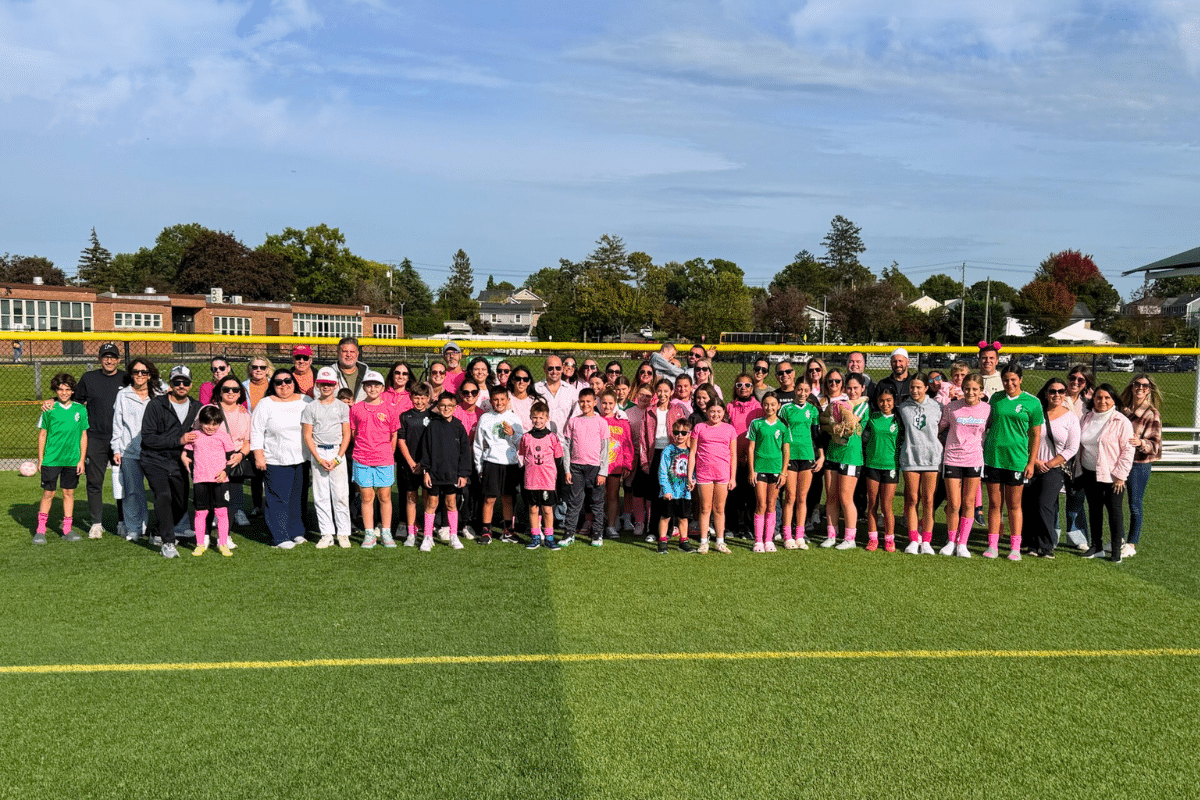For many people, November 11 is more than just a day off from work or…
 Building and maintaining a community has never been more important. Whether you’re a millennial, baby boomer, senior, or part of Gen Z, the value of having a support network grows as you age.
Building and maintaining a community has never been more important. Whether you’re a millennial, baby boomer, senior, or part of Gen Z, the value of having a support network grows as you age.
While social connections are vital at any stage of life, the importance of community becomes even more pronounced with time.
The Importance of Building Community as You Age
Loneliness and social isolation can have detrimental effects on mental and physical health. Studies have shown that a strong community can:
- Improve mental health by reducing feelings of anxiety and depression.
- Enhance physical health by encouraging regular activities and providing support in need.
- Provide a sense of belonging and purpose, essential for overall well-being.
Types of Communities for Every Age
There are various types of communities tailored to different life stages and interests. Here are a few examples:
Millennials and Gen Z
- Online Communities: Platforms like Reddit, Discord, and Facebook Groups offer spaces for like-minded individuals to connect and share experiences.
- Professional Networks: LinkedIn and industry-specific groups can provide career support and networking opportunities.
- Hobby Groups: Join local clubs or online forums dedicated to your interests, whether gaming, fitness, or arts and crafts.
Baby Boomers and Seniors
- Local Community Centers: Many neighborhoods have community centers that offer activities and events for older adults.
- Volunteer Organizations: Volunteering is a great way to meet people and give back to the community.
- Senior Living Communities: These offer a built-in social network and various amenities to support an active lifestyle.
Parents and Solo Agers
- Parenting Groups: Join local or online parenting groups to share advice and support.
- Solo Aging Networks: Organizations like the Solo Aging Advocacy Group provide resources and connections for those aging without immediate family support.
Ways to Find and Foster Community as You Age
Building a community requires effort, but the rewards are well worth it. Here are some strategies to help you get started:
- Leverage Technology
- Social Media: Platforms like Facebook, Instagram, and Twitter can help you stay connected with friends and family.
- Apps: Use apps like Meetup to find local events and groups that match your interests.
- Get Involved Locally
- Attend Local Events: Check out community bulletin boards or local websites for events and gatherings.
- Join Clubs: Whether it’s a book club, gardening group, or sports team, joining a club can help you meet new people.
- Volunteer
- Community Service: Volunteering benefits others and helps you feel more connected to your community.
- Mentorship Programs: Share your knowledge and experience by becoming a mentor to younger generations.
- Stay Active
- Exercise Classes: Join a local gym or participate in community exercise classes like yoga or Tai Chi.
- Outdoor Activities: Participate in group hikes or nature walks to stay fit and meet new people.
The Value of Community Later in Life
The benefits of building and maintaining a community become even more apparent as you age. A strong community can:
- Provide Emotional Support: Having people to talk to and share experiences with can significantly improve emotional well-being.
- Offer Practical Assistance: From help with daily tasks to support during medical emergencies, a community can provide the practical help you need.
- Enhance Quality of Life: Engaging in social activities and maintaining relationships can lead to a more fulfilling and enjoyable life.
Building a community as you age is not just about expanding your social circle; it’s about enhancing your overall quality of life. By leveraging technology, getting involved locally, volunteering, and staying active, you can build a strong, supportive community that enriches your life at every stage.
Ready to start building your community? Connect with local groups, explore online forums, and don’t hesitate to contact others. Your next meaningful connection could be just around the corner!
If you would like to speak with an experienced elder law attorney regarding your situation or have questions about something you have read, please do not hesitate to contact our office at 1 (800) 680-1717. We look forward to the opportunity to work with you.




Comments (0)